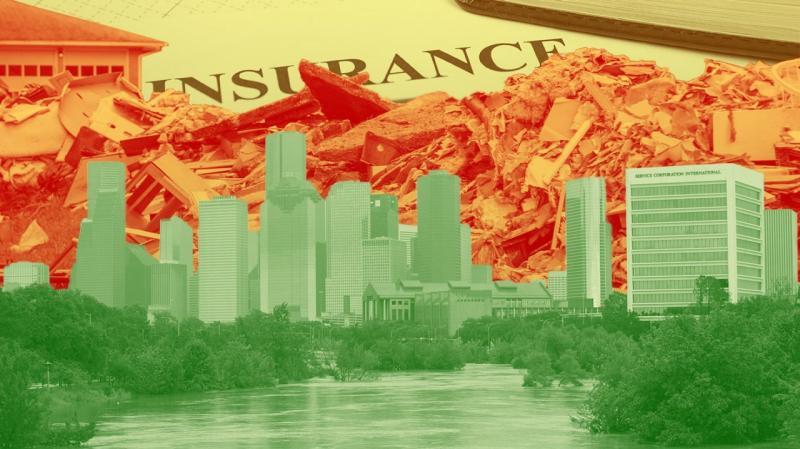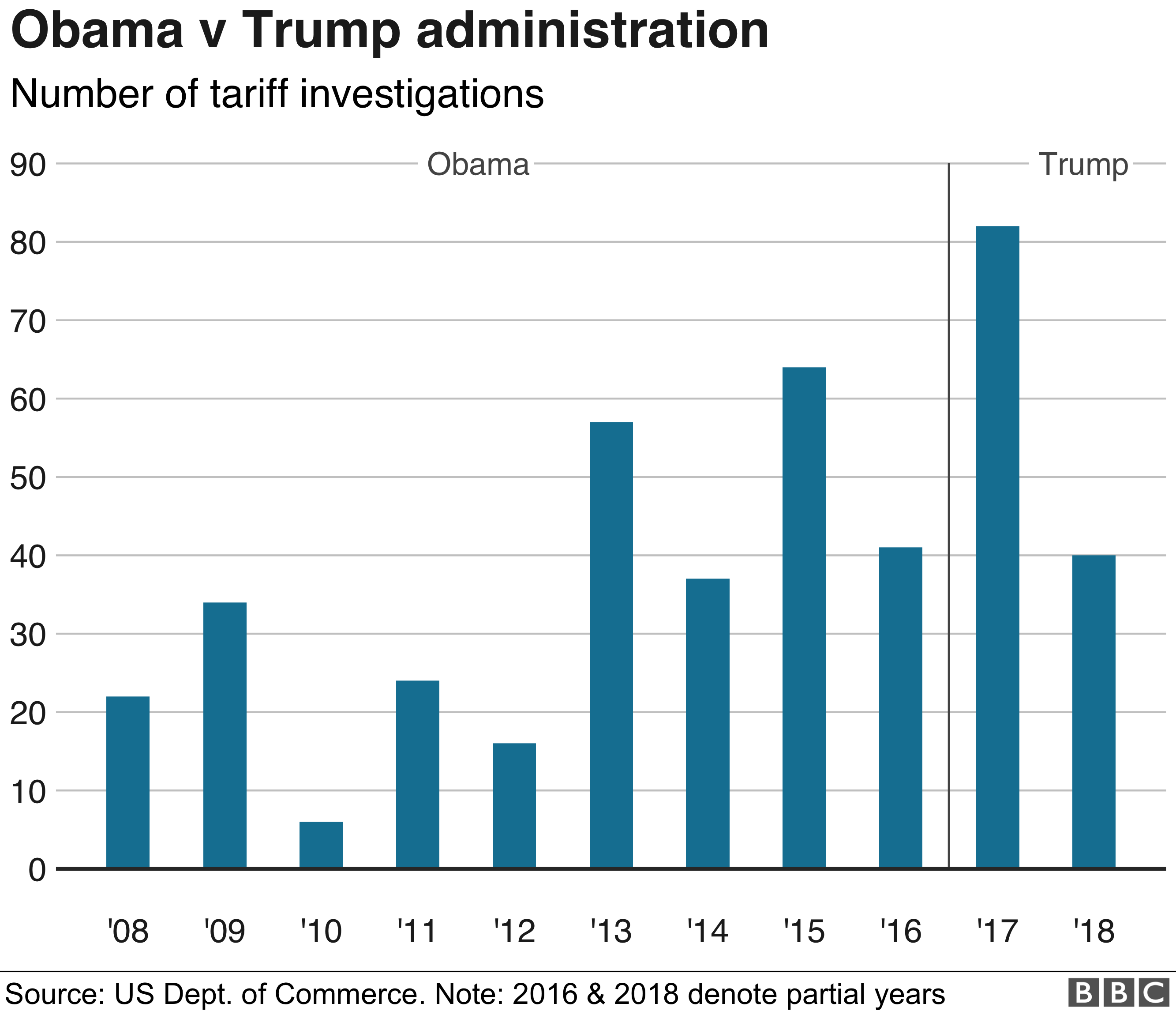Climate Change Reshapes The African Workforce: A Green Transition

Table of Contents
The Impact of Climate Change on African Employment
Climate change is already disrupting various sectors across Africa, leading to significant employment challenges. The continent's heavy reliance on climate-sensitive sectors like agriculture, tourism, and fisheries makes it particularly vulnerable.
- Decreased agricultural yields leading to job losses in rural areas: Changing rainfall patterns, increased droughts, and extreme weather events are severely impacting crop production, resulting in widespread job losses, particularly in rural communities where agriculture is the primary source of livelihood. This often forces rural populations into urban areas, adding pressure to already strained resources.
- Increased frequency and intensity of extreme weather events disrupting economic activity and employment: Floods, cyclones, and heatwaves damage infrastructure, disrupt supply chains, and displace workers, leading to temporary and even permanent job losses across multiple sectors. The cost of rebuilding and recovery further strains already limited resources.
- Water scarcity impacting industries reliant on water resources: Reduced rainfall and glacial melt are causing water stress, impacting agriculture, hydropower generation, and industries that depend heavily on water resources. This scarcity triggers conflicts over water access and reduces economic productivity.
- Loss of biodiversity affecting livelihoods dependent on natural resources: Climate change is driving biodiversity loss, threatening livelihoods dependent on fishing, forestry, and tourism. The decline in fish stocks, for instance, severely impacts coastal communities.
The disproportionate impact on vulnerable populations, particularly women and youth, is particularly concerning. Women often bear the brunt of increased workloads related to water collection and food security, while youth face limited opportunities in a changing job market. For example, the FAO estimates that climate change could displace up to 100 million people in Africa by 2050, disproportionately affecting women and youth in rural communities.
Opportunities for a Green Transition in the African Workforce
The green transition offers a significant opportunity to create a more resilient and sustainable workforce in Africa. Investing in green initiatives can generate substantial job growth while mitigating the adverse impacts of climate change.
- Renewable energy sector (solar, wind, geothermal): installation, maintenance, and manufacturing jobs: Africa's abundant solar and wind resources offer immense potential for job creation in renewable energy. This sector requires skilled workers for installation, maintenance, and the manufacturing of renewable energy technologies.
- Sustainable agriculture: agroecology, climate-smart agriculture techniques, and organic farming: Adopting sustainable agricultural practices can enhance food security, create jobs in rural areas, and reduce the environmental footprint of agriculture. This includes training farmers in climate-smart agriculture techniques and promoting organic farming practices.
- Climate-resilient infrastructure: construction of flood defenses, drought-resistant infrastructure: Building climate-resilient infrastructure creates jobs while protecting communities from the impacts of extreme weather events. This includes constructing flood defenses, drought-resistant buildings, and improving water management systems.
- Green tourism: ecotourism, nature conservation, and sustainable travel: Promoting ecotourism and sustainable travel practices can create jobs while protecting Africa's unique biodiversity. This includes developing eco-lodges, training guides, and promoting responsible tourism initiatives.
- Waste management and recycling: collection, processing, and recycling industries: Investing in waste management and recycling infrastructure can create jobs while reducing pollution and promoting a circular economy. This includes creating collection services, establishing recycling plants, and developing innovative waste management solutions.
A successful green transition can drive economic growth, create millions of green jobs, and foster sustainable development across the continent. Initiatives like the "Great Green Wall" project in the Sahel region demonstrate the potential for large-scale green initiatives to generate employment and environmental benefits.
Investing in Skills Development and Education for a Green Economy
A major challenge to realizing the potential of the green economy is the skills gap. Investing in education and training is crucial to equip the African workforce with the skills needed for green jobs.
- Need for training and education programs focused on green technologies: Specialized training programs are essential to equip individuals with the technical expertise needed for the renewable energy sector, sustainable agriculture, and other green industries.
- Importance of vocational training and apprenticeships: Vocational training and apprenticeships are effective ways to provide hands-on experience and build a skilled workforce for green jobs.
- Role of universities and research institutions in developing green skills: Universities and research institutions play a crucial role in developing curriculum and research relevant to green technologies and sustainable development.
- Importance of partnerships between government, private sector, and educational institutions: Successful skills development requires strong partnerships between government, private sector companies, and educational institutions to ensure that training programs align with industry needs.
Upskilling and reskilling programs are equally critical to support workers displaced by climate change impacts. Providing them with new skills ensures a just transition and minimizes social disruption.
Challenges and Barriers to a Green Transition in the African Workforce
Despite the opportunities, several challenges hinder the green transition in Africa.
- Lack of funding and investment: Securing adequate funding for green initiatives is a major hurdle. This requires increased investment from governments, international organizations, and the private sector.
- Limited access to technology and infrastructure: Lack of access to advanced technologies and adequate infrastructure limits the implementation of green projects.
- Weak institutional capacity and governance: Weak governance structures and limited institutional capacity can impede the effective implementation of green policies and projects.
- Policy gaps and inadequate regulatory frameworks: Clear and comprehensive policies and regulations are needed to promote investment and ensure the sustainability of green initiatives.
- Addressing existing inequalities and ensuring just transitions: It's critical to ensure that the green transition is inclusive and benefits all segments of society, particularly vulnerable populations.
Overcoming these challenges requires a concerted effort from governments, international organizations, the private sector, and civil society. Stronger partnerships, improved governance, increased investment, and targeted policy interventions are crucial for a successful green transition.
Conclusion
Climate change is significantly impacting the African workforce, but the green transition offers a pathway towards a more sustainable and prosperous future. Creating a climate-resilient and green workforce requires addressing the skills gap, securing adequate funding, overcoming infrastructure limitations, and fostering strong partnerships. Investing in a just and equitable green transition in Africa is not only vital for climate resilience but also for creating a sustainable and prosperous future for its workforce. Let's collaborate to support the growth of green jobs and a climate-resilient African workforce. We must prioritize initiatives focusing on climate change adaptation and a green workforce transition in Africa.

Featured Posts
-
 Analyzing The Mission Impossible Dead Reckoning Part Two Super Bowl Spot
Apr 26, 2025
Analyzing The Mission Impossible Dead Reckoning Part Two Super Bowl Spot
Apr 26, 2025 -
 Trumps Tariffs Ceo Concerns And The Impact On Consumer Confidence
Apr 26, 2025
Trumps Tariffs Ceo Concerns And The Impact On Consumer Confidence
Apr 26, 2025 -
 Nyt Spelling Bee February 26th Puzzle 360 Hints Answers And Solutions
Apr 26, 2025
Nyt Spelling Bee February 26th Puzzle 360 Hints Answers And Solutions
Apr 26, 2025 -
 Espn Analyst Weighs In On Deion Sanders Shedeur Sanders Draft Stock Prediction
Apr 26, 2025
Espn Analyst Weighs In On Deion Sanders Shedeur Sanders Draft Stock Prediction
Apr 26, 2025 -
 Paris Nice 2024 American Jorgenson Secures Back To Back Wins
Apr 26, 2025
Paris Nice 2024 American Jorgenson Secures Back To Back Wins
Apr 26, 2025
